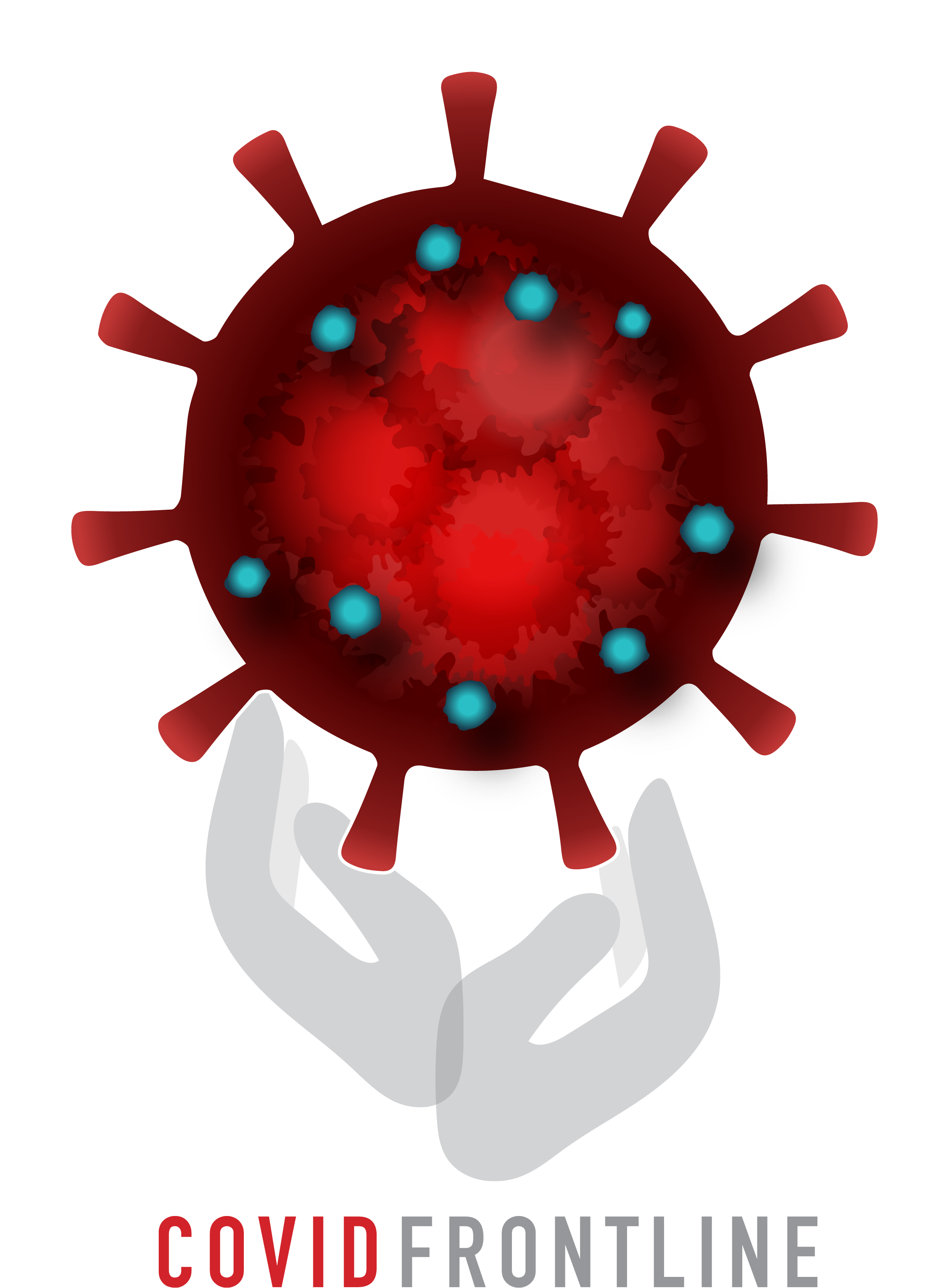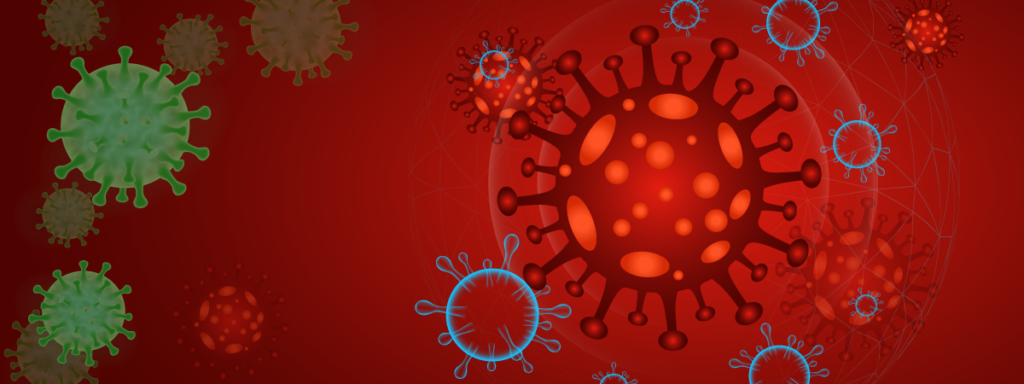COVID-19 Monoclonal Antibodies and Effectiveness Against Variants
The Centers for Disease Control and Prevention (CDC) report that the COVID-19 variant first identified in the U.K.—B.1.1.7—is the most common cause of new infection in the U.S, particularly in Florida, Michigan, Minnesota, Massachusetts, Colorado, California, Maryland, Pennsylvania, and New Jersey.1 This strain has evidence of being more infectious and causing more severe disease compared […]
COVID-19 Monoclonal Antibodies and Effectiveness Against Variants Read More »



